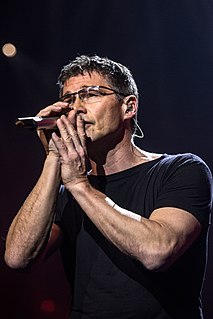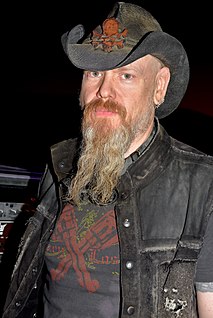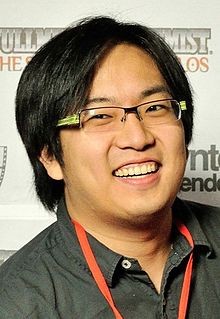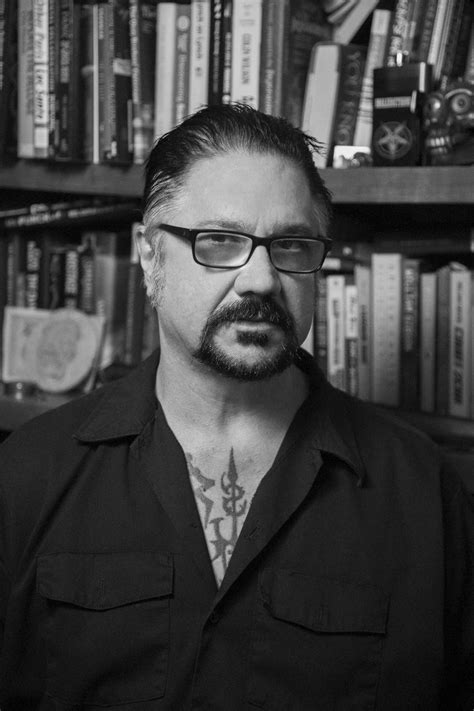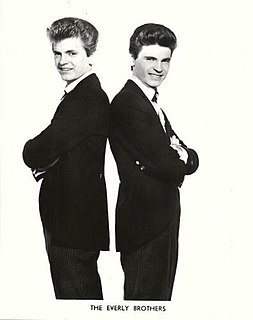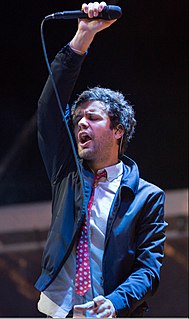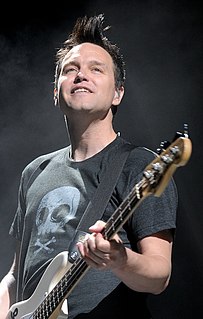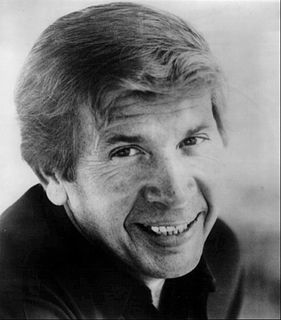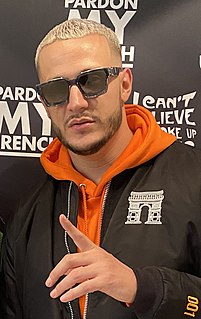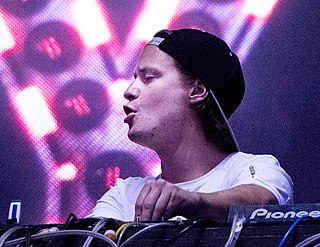A Quote by Morten Harket
We wanted the freedom to be playful, to experiment and do what we felt like doing, but we were heavily affected by the success that the first record gave us.
Related Quotes
I think it gave us the freedom to be more creative and do things the way we wanted to do them, so if a label liked it that was cool and if they didn't like it fine. Ultimately it was up to us to sink or swim and there was nobody telling us what direction to go in. I think that made the entire record more diverse.
The first record was basically a quick, fast record. The second record, we were going for more of a poppier sound - like a heavy pop sound. For 'Rocket to Russia,' we'd sort of reached our pinnacle. We'd gotten really good at what we were doing, so that's like my favorite record - that's a really good record. It's just great from beginning to end.
This is where you first failed us. You gave us minds and told us not to think. You gave us curiosity and put a booby-trapped tree right in front of us. You gave us sex and told us not to do it. You played three-card monte with our souls from day one, and when we couldn't find the queen, you sent us to Hell to be tortured for eternity. That was your great plan for humanity? All you gave us here was daisies and fairy tales and you acted like that was enough. How were we supposed to resist evil when you didn't even tell us about it?
When Phil and I started out, everyone hated rock n' roll. The record companies didn't like it at all - felt it was an unnecessary evil. And the press: interviewers were always older than us, and they let you know they didn't like your music, they were just doing the interview because it was their job.
I just desperately wanted to be happy again in a way that wasn't forced. I wanted to feel like I accomplished something. I did this. I finished this record. I'm doing all the promo. I'm doing everything that I said I was going to do. I really wanted to be happy and normalized and I was tired of people saying I was volatile. I'm not. I'm a pretty normal person. I have problems like anyone else but I've worked so hard to be OK and I don't think that I gave myself enough credit for that.
I call it "being interrupted by success." We had done The Soft Bulletin, which came out in 1999, and we knew we that were gonna make another record before too long. But in between this, we were still in this mode of kind of just - not re-creating what we could be, but kind of doing different things. For the longest time in the Flaming Lips we were like, "Make a record, go on tour. Come back, make another record," and you know, I think, frankly, we were kind of like, "There's more to life than just recording records and going on tour."
